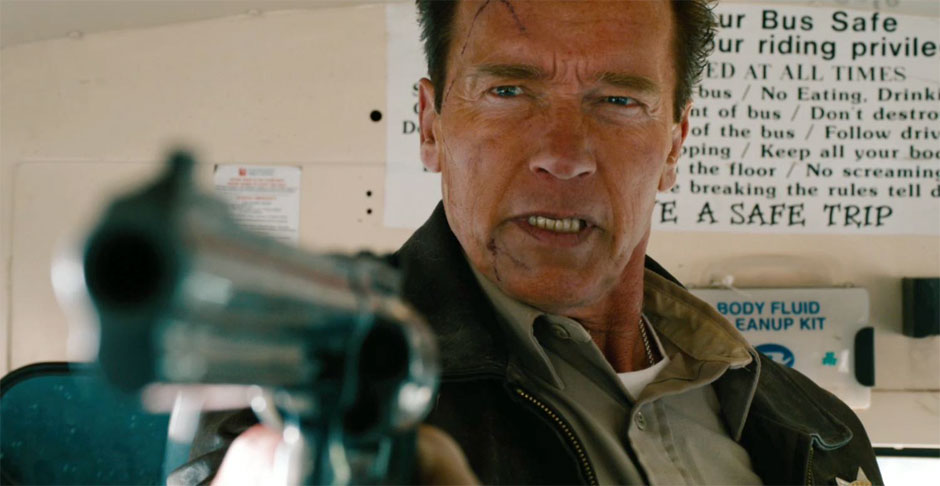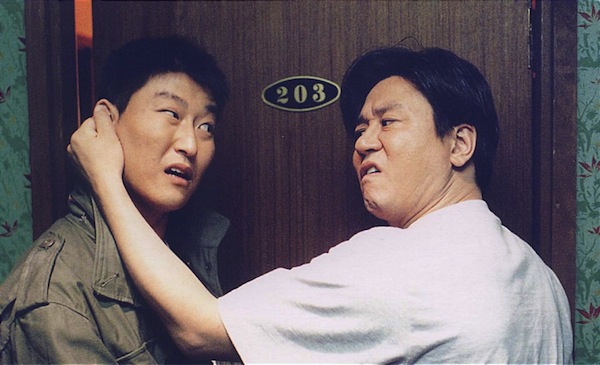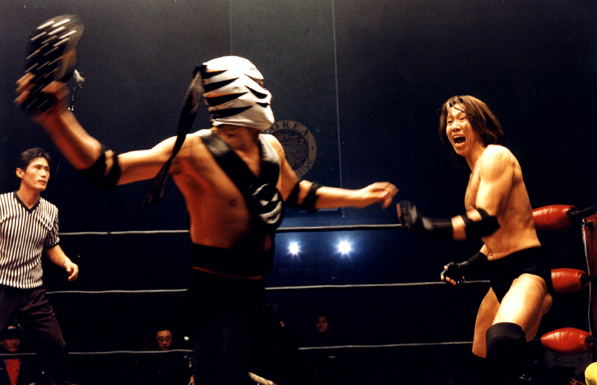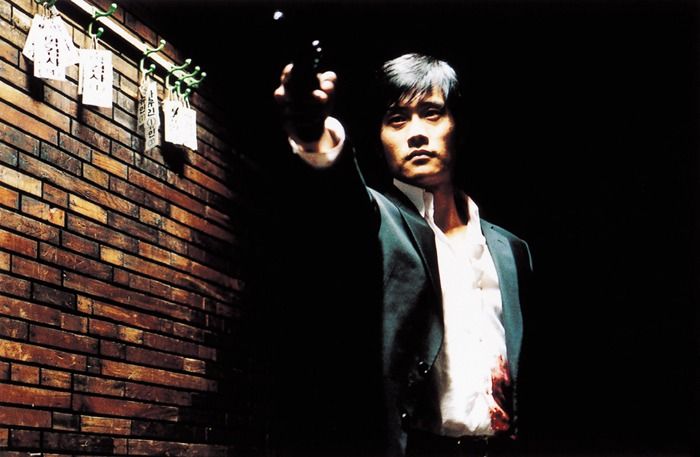
Kim Jee-woon is probably the most successful filmmaker working in South Korea at the moment, with his films presenting a combination of artistry and entertainment rarely seen on screen.
Kim was born in 1964 in Seoul and initially he worked in the theater, first as an actor and then as a director, before making the transition to cinema in 1998 with “The Quiet Family”. Starting with his third movie “A Tale of Two Sisters”, he began receiving recognition for his scripts, direction, and unique visual style. His next productions were all successful both commercially and critically, to the point where he was transferred to Hollywood, where he shot “The Last Stand” with Arnold Schwarzenegger.
Three years later, he returned to South Korea with “The Age of Shadows”, which was selected as the country’s entry for the Best Foreign Language Film at the 89th Academy Awards. Here are his eight films, ranked from worst to best.
8. The Last Stand (2013)

Everyone deserves a blunder in their career, and Kim’s came when he was asked to direct an action comedy starring Arnold Schwarzenegger.
Ray Owens is the sheriff of a small border town in Arizona named Sommerton Junction, having transferred there after resigning from the LAPD following a failed operation. This town, however, becomes the meeting place of a notorious drug lord who has just escaped prison, as well as his gang, and the FBI, which is after him. Ray, along with his deputies, finds himself in the midst of all this trouble.
Kim directs a script by Andrew Knauer that leaves the film with no other choice but to become an action flick, despite the interesting cast, which includes Forest Whitaker and Johnny Knoxville. The action is so untruthful that it borders on being cartoonish, and the only thing that saves the production are some elements of comedy that suggest that Kim does not take his material very seriously.
7. The Quiet Family (1998)

Kim’s debut did not have much to do with his later films, apart from the cast that includes Choi Min-sik and Song Kang-ho, as it is a very strange film that could only be described as a slapstick black comedy.
The Kang family, which includes Kang Tae-goo; his wife; their three children, Yeong-min, Mi-na and Mi-soo; and Tae-goo’s brother, Chang-ku move to the countryside, where they open a lodge on the outskirts of a small town next to a mountain that is regularly visited by hikers. However, the lodge does not seem to have any customers and the family starts drowning in restlessness.
Eventually, one customer arrives, but he commits suicide on the first night, using the hotel keys. Fearing that it would ruin the establishment’s reputation, they decide to bury the stranger. The next customers entail a couple who also commit suicide, and eventually share the same fate as the previous visitor.
However, after these incidents, the lodge starts to have customers, while news on TV speaks of a number of North Korean spies penetrating the country. The family. however, takes a step forward in their shenanigans, as they also kill some people themselves before they bury them. Eventually, they realize that a road is going to pass through the area where they buried the bodies, and at the same time, they become involved in a conspiracy plotted by the head of the village, which involves a hired killer.
Kim directs and pens a film that’s almost nonsensical as it unfolds like a collage of different episodes rather than a solid story. However, these episodes are quite entertaining as they combine minor violence with black humor, based on the family’s mischievous but evidently naive characters.
The episodes that stand apart are definitely the ones with the ‘ridiculous’ duel between Yeong-min and a visitor who tried to rape Mi-soo; the various scenes where Yeong-min is trying to spy on couples having sex in the rooms; and the one where, in distinct black humor fashion, the family brags that their digging skills have increased.
6. The Foul King (2000)

Dae-ho is the definition of a loser. He doesn’t perform well at the bank where he works, where his boss tortures him psychologically and physically due to his low performance and because he is late all the time. Socially, things are even worse, with him being single and still living in his father’s house. One day, he notices an old gym advertising lessons in professional wrestling. Since he was a fan of the sport from childhood, he decides to enroll in order to face his boss and change his life.
Kim directs and pens a film that shows many of the elements that would later make him an international sensation, although in very basic form, particularly regarding the script, which has a number of faults. He deals with a number of social issues, including work stress, the alienation in the urban centers, and the relationships of the employees with and among the higher-ups. However, all of the above are presented through large doses of slapstick humor, which border on the surrealistic.
Wrestling, although seemingly a central part of the film, is actually a secondary concept, with its main purpose being to intensify the comic element. Song Kang-ho is quite good in the protagonist role, in a dedicated performance where he even shot his own stunts. However, much like Kim, he does not realize his full potential in the film.
5. A Bittersweet Life (2005)

Sun-woo is the senior bodyguard of mafia boss Kang. During one of his boss’s travels, he is tasked with escorting his mistress, Hee-soo, with a clear mandate to kill her if he discovers she is having an affair with someone else. Expectantly, she does, but Sun-woo decides not to kill her, thus turning the whole of the crime syndicate against him, as he goes onto a path of revenge.
Kim creates a film that stands below his usual standards. “A Bittersweet Life” is filled with clichés of the category, starting with the script and continuing with the characters. However, Kim seems to realize this fact and thus, chooses to not take the film so seriously, in a tactic that adds to the entertainment it offers. Some utterly unexpected humorous scenes, such as the one where members of the gang dig Sun-woo’s grave, exemplify this tendency.
The second great trait of the film is its astonishing action scenes, which benefit the most from Kim Ji-yong’s cinematography, Choi Jae-geun’s editing, and the overall production values, which highlight the film’s large budget.
Lee Byung-hun plays the role that best suits him – cool, full of style, and laconic – in a role that is not demanding at all. The cast, in general, seems to simply service the action scenes, and despite the fact that it includes names like Hwang Jeong-min and Oh Dal-soo, it does not take advantage of their acting skills.